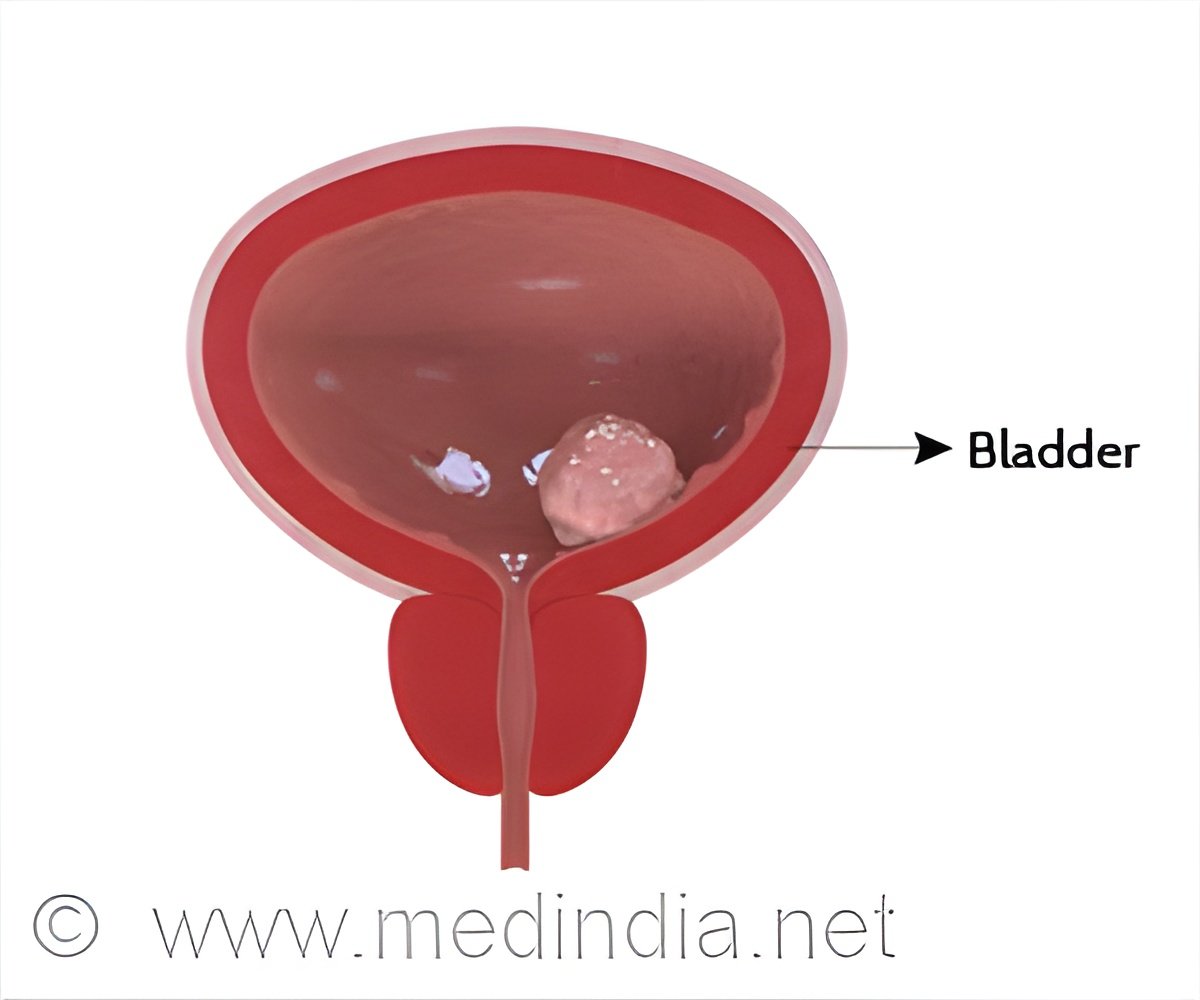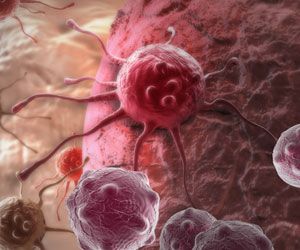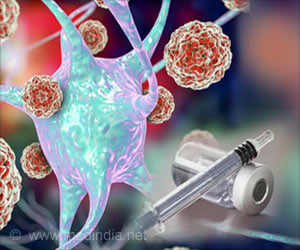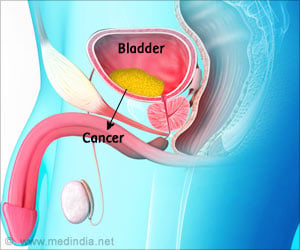Nano-chemoparticles increase absorption of the drug into the bladder without being diluted by urine production and stay within the bladder to better attack tumors.

‘Tiny drug-infused particles potentially offer a less toxic clinical alternative to standard chemotherapy delivered intravenously or through a catheter inserted into the bladder.’





The tiny drug-infused particles, they say, potentially offer a less toxic clinical alternative to standard chemotherapy delivered intravenously or through a catheter inserted into the bladder. The team of investigators from the Brady Urological Institute and the Center for Nanomedicine at Johns Hopkins, engineered the nanoparticles from biologically compatible materials, such as polyaspartic acid, and coordinated them with molecules of the chemotherapy drug cisplatin, considered a first-line treatment for human bladder cancers that have spread through the organ's inner lining into its muscle tissue.
In a series of laboratory tests with mice and a rat model of bladder cancer, the scientists found that the nanoparticles, when administered through a catheter directly to the bladder, reduced the proliferation of cancer cells without leaching into to the bloodstream, which takes the drug's toxicity and other side effects to the whole body. The work was published online Aug. 14 in the journal Clinical Cancer Research.
"We were really excited by these results," says Max Kates, M.D., a urology chief resident at The Johns Hopkins Hospital and lead author of the study. "We have been interested in developing new therapies for bladder cancer to allow patients who have early stage disease but who don't respond to first line treatment to keep their bladders." First line treatment consists of the drug BCG or bacillus calmette-guerin. If it fails, such patients typically have a cystectomy, surgical removal of the bladder.
Previous studies giving cisplatin in its customary, non-nano-sized state, through a catheter inserted into the bladder, have found it to be too toxic, leaching through the bladder to the bloodstream. Intravenous forms of cisplatin have not been considered for patients with early stage disease because of potential side effects such as acute kidney injury.
Advertisement
Next, they administered either the drug nanoparticles or regular cisplatin to the bladders of mice via a catheter once a week for three weeks, then studied blood and bladder tissue samples, finding detectable levels of the drug's platinum content in the blood of animals treated with regular cisplatin but not in those treated with the drug nanoparticles.
Advertisement
"This study represents a significant improvement for intravesical platinum drug delivery that we believe is highly applicable for patients with nonmuscle-invasive bladder cancer," says senior study author Trinity J. Bivalacqua, M.D., Ph.D., director of urologic oncology at the Brady Urological Institute at Johns Hopkins, deputy director of the Johns Hopkins Greenberg Bladder Cancer Institute and the R. Christian B. Evenson Professor of Urology and Oncology at the Johns Hopkins University School of Medicine and Kimmel Cancer Center. "Following further analyses, we hope to initiate early phase clinical trials to evaluate the safety and efficacy of this treatment for patients."
Bladder cancer is the seventh most common malignancy worldwide, affecting about 1.3 million people. Approximately 70 percent of patients are diagnosed at the non-muscle invasive stage.
Source-Eurekalert















